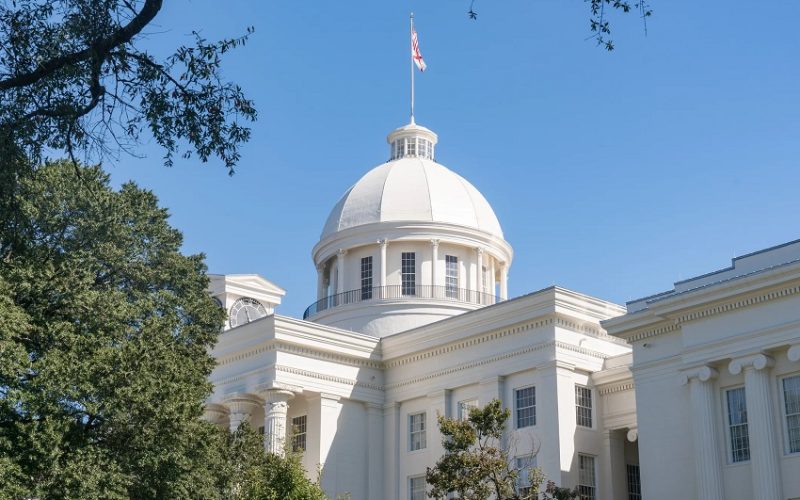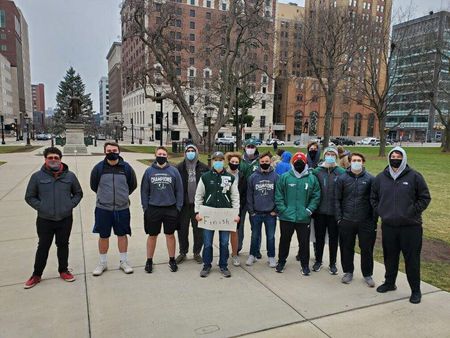The legislation, which took effect this week, mandates that law enforcement officials obtain DNA swabs from undocumented immigrants during the booking process. Supporters of the law argue it is a necessary measure to enhance public safety and improve the identification of repeat offenders.
Senator Lance Bell (R-Pell City), who sponsored the bill, stated that the law aims to prevent undocumented immigrants from evading law enforcement by using false identities. “It’s just a way that, when [undocumented immigrants] get deported, they come back, some change their names,” Bell said. “And it’s a way to identify the people and be linking the crimes together. And to be able to identify who’s doing what.”
Rep. Mark Shirey (R-Mobile), who carried the bill in the House, echoed Bell’s sentiments, emphasizing that the ability to record DNA samples will allow authorities to solve crimes more efficiently.
However, critics, including the Alabama Coalition for Immigrant Justice (ACIJ), strongly oppose the law. Allison Hamilton, executive director of ACIJ, argued that the legislation unfairly targets undocumented individuals and infringes on their rights.
“For people who are undocumented, it’s being treated like a criminal when you haven’t committed a crime,” Hamilton said. She highlighted that being undocumented is a civil offense, not a criminal one, and expressed concern over the collection of private information such as DNA without charges or convictions. “There’s no reason to start taking personal data from people who haven’t even been charged or convicted. We all have the right to due process. Innocent until proven guilty,” she added.
Sen. Bell countered that DNA collection is already standard procedure for certain crimes regardless of a person’s legal status, asserting that the new law merely extends this practice to undocumented immigrants. “There’s no profiling,” he said. “There’s no selective enforcement. They’re already doing it. The jails are already doing that to us as it is. This really just adds illegal aliens to that class of people that are getting their DNA taken from them at the jail.”
As Alabama implements this new law, the debate highlights ongoing tensions between immigration enforcement and civil liberties, raising important questions about privacy, due process, and public safety.









